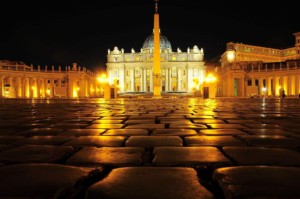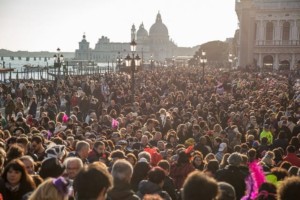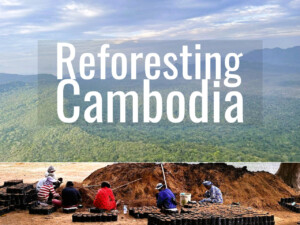Reunification or not, Cyprus tourism has lessons to learn
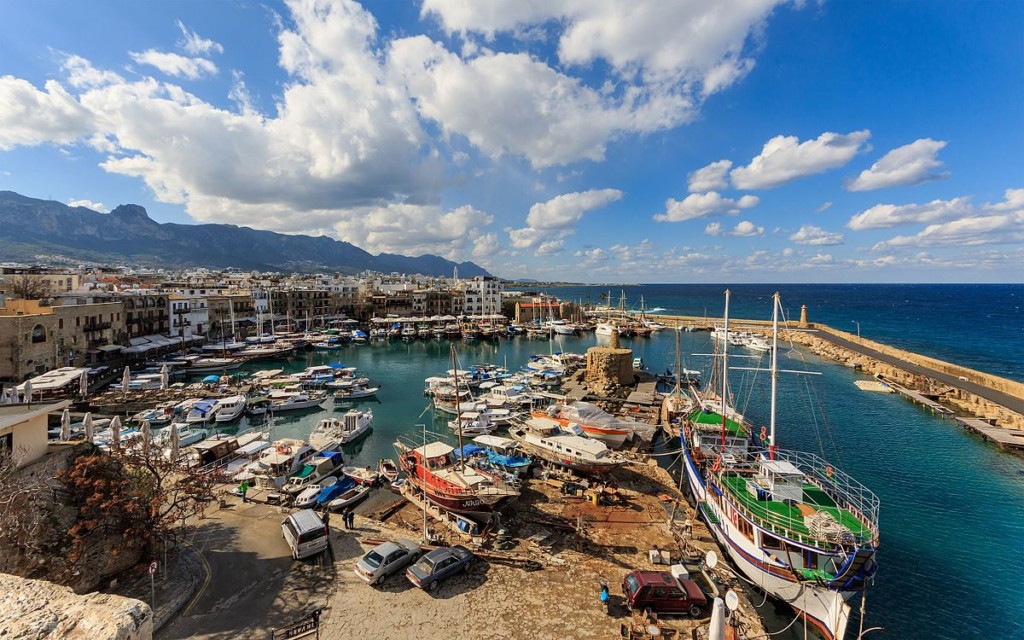
The collapsed talks in Switzerland between Greek Cypriot President Nicos Anastasiades and Turkish Cypriot leader Mustafa Akinci, which were overseen by United Nations Secretary-General Antonio Guterres, were the culmination of a two-year process that had been considered the best chance at reunification since the island was divided between its Greek and Turkish Cypriot populations in 1974.
According to Darren Loucaides, who while writing for the Independent was anticipating a successful reunification, the success of the talks might have unlocked the economic potential of Turkish north Cyprus whose tourism industry remains “embryonic”.
“It is one of the few places in the Mediterranean which has preserved its character and natural environment,” İsmet Esenyel, Undersecretary of the Ministry of Tourism and Environment in north Cyprus said. “We still have golden, sandy beaches where there is no development at all — no buildings, no sun-loungers.”
However, “Larnaca-style mass tourism could run rampant, ruining the north’s natural beauty” writes Louciades.
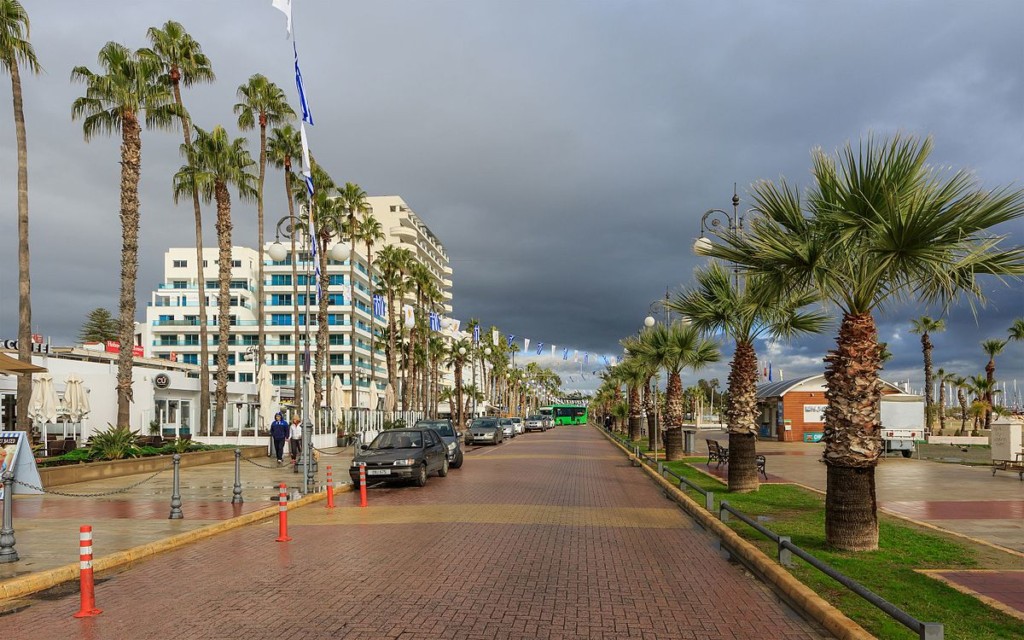
Finikoudes promenade in Larnaca, Cyprus. By A.Savin via Wikimedia Commons
“At first, [north Cyprus] seems anything but unspoilt as I cross the UN buffer zone in Nicosia, Europe’s last divided capital. Along the sandbag-and-barbed-wire-strewn Green Line that divides the two territories, many buildings are half collapsed. One of the few hints of tourism is a giant tube-shaped hotel that wouldn’t look out of place in Las Vegas, and lit accordingly by night. The glamorous sheen conceals a seedier underbelly inside, where the ground floor is given over to a huge bloke-filled casino.
“Drive in any direction from Nicosia, however, and it’s mostly idyllic countryside until you reach the coast, where the few ostensible signs of tourism tend towards resorts. Much of the coastline is protected by environmental laws, and the Karpas peninsula on Cyprus’s northeastern tip has changed little in millennia.”
Loucaides reckons the Turkish north might be able to learn something from the Greek south, whose tourism industry, after many years of a “hotel building fever”, is at last becoming more responsible; and with more culture and history on show than in the past.
Notwithstanding the north’s environmental laws, which perhaps have done their job to keep mass tourism at bay, this lesson in responsible tourism should be learned regardless who controls the territory.
Background
The Republic of Cyprus has de jure sovereignty over the entire island, including its territorial waters and exclusive economic zone, with the exception of the Sovereign Base Areas of Akrotiri and Dhekelia, which remain under British control according to the London and Zürich Agreements.
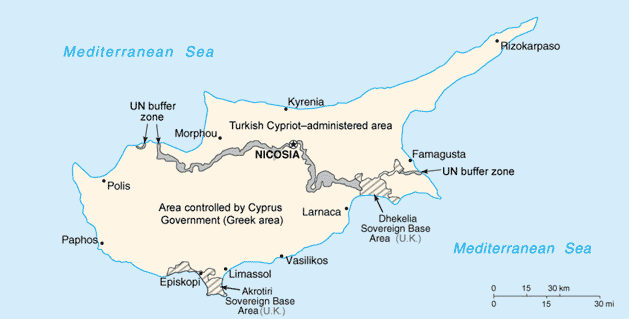
Division of Cyprus. (US CIA c. 2003)
However, the Republic of Cyprus is de facto partitioned into two main parts: the area under the effective control of the Republic, located in the south and west, and comprising about 59% of the island’s area; and the north, which is administered by the self-declared Turkish Republic of Northern Cyprus, covering about 36% of the island’s area. Another nearly 4% of the island’s area is covered by the UN buffer zone.
The international community considers the northern part of the island as territory of the Republic of Cyprus, which is occupied by Turkish forces. The occupation is viewed as illegal under international law, amounting to illegal occupation of EU territory since Cyprus became a member of the European Union. (Wikipedia)
Featured image: Kyrenia (Girne) is one of the main tourist resorts in Northern Cyprus. By A.Savin via Wikimedia Commons.
Related posts


